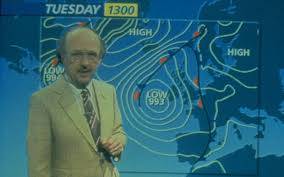Understanding Met Weather Forecasting in the UK

Introduction
Weather forecasting is crucial for daily life, affecting travel, agriculture, and outdoor activities. In the UK, the Met Office plays a pivotal role in providing reliable weather forecasts, making it essential to understand how this service operates and its significance for the public. With climate change leading to increasing unpredictability in weather patterns, the relevance of accurate forecasting has never been more apparent.
The Role of the Met Office
The Met Office, the UK’s national weather service, was founded in 1854 and has been at the forefront of weather forecasting for over a century. It employs advanced technology, including satellite imagery, radar systems, and computer modelling techniques, to collect and analyse data. This comprehensive information allows meteorologists to predict weather patterns and issue forecasts that help the British public prepare for various weather conditions.
Recent Developments in Weather Technology
In recent years, the Met Office has integrated artificial intelligence and machine learning into its forecasting systems to enhance accuracy and efficiency. These innovations allow for more precise long-range predictions and the ability to issue timely warnings for severe weather events, such as storms or heatwaves, which can significantly impact communities.
Importance of Accurate Weather Forecasting
The accuracy of Met Weather forecasts can have far-reaching implications. For instance, farmers rely on these predictions to make informed decisions about planting and harvesting crops, ensuring food security. Similarly, event planners, maritime operations, and transport authorities depend on reliable data to avoid disruptions and hazards. A recent study by the Met Office revealed that accurate weather forecasts could enhance economic productivity by up to 3% in various sectors, underlining their importance.
Conclusion
The significance of Met Weather forecasting cannot be overstated, particularly in a changing climate. As advancements in meteorological technology continue to evolve, the accuracy and reliability of forecasts will improve, providing valuable information for individuals and industries alike. For readers, staying informed through Met Office updates can provide a deeper understanding of the weather’s impact on daily life and the broader implications of climate change. With ongoing research and development, the Met Office is well-positioned to adapt to future challenges in weather forecasting.


